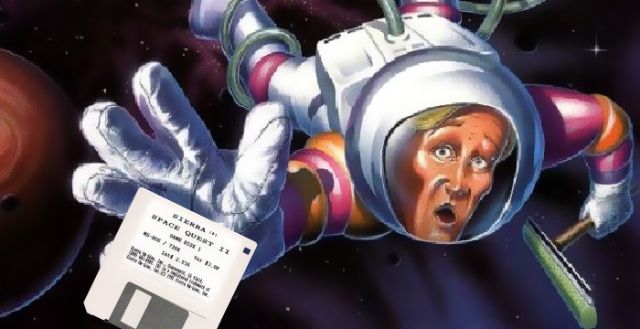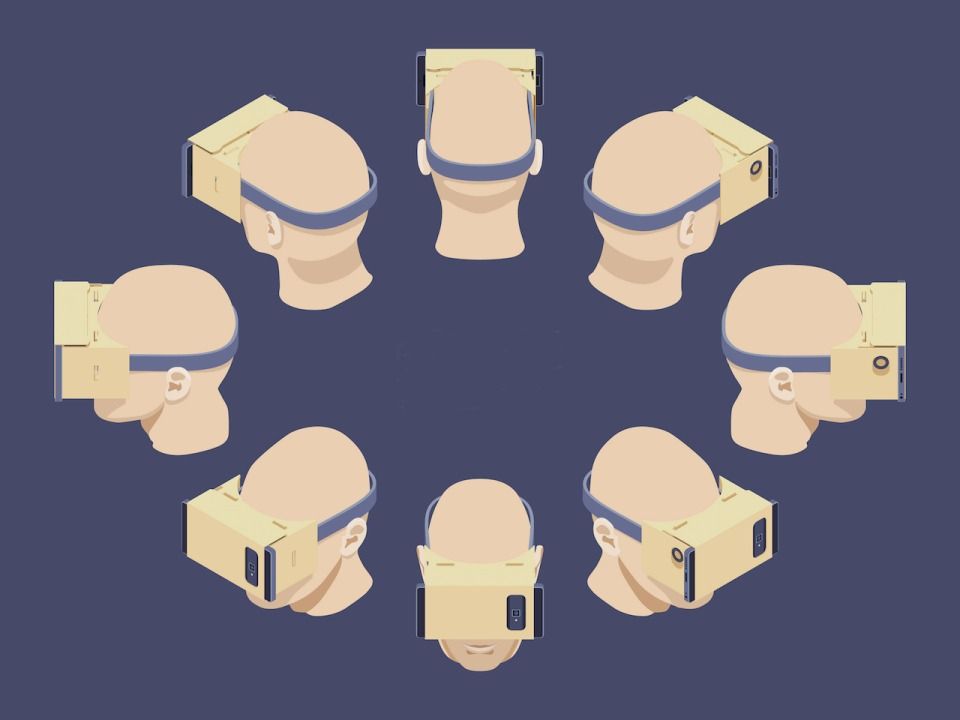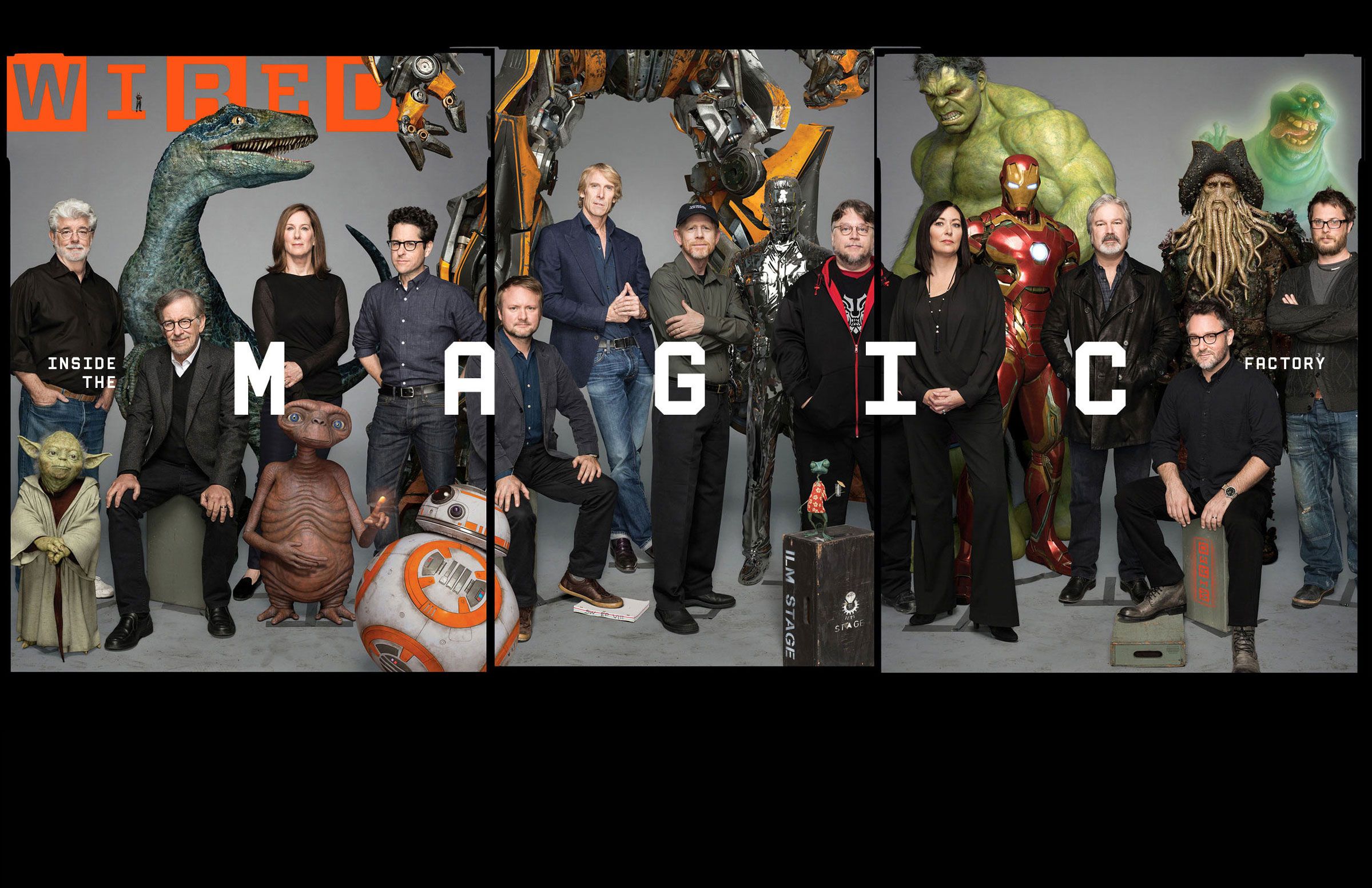I couldn’t agree more! Fantastic show.



“The maker of the Kindle is going to flip the formula used for reimbursing some of the authors who depend on it for sales. Instead of paying these authors by the book, Amazon will soon start paying authors based on how many pages are read—not how many pages are downloaded, but how many pages are displayed on the screen long enough to be parsed.” Read More

Dr. Victor Reed is a brilliant geneticist who has just achieved a huge scientific breakthrough by successfully cloning the first human being, an adorable baby girl named Elizabeth. This immediately becomes a media spectacle and ignites a firestorm of debate concerning the moral and religious implications of such a discovery. Soon, Dr. Reed and his family lose all sense of privacy and safety as they are swarmed by protesters and the media. Their biggest threat, however, could be Victor’s own secret.

Uber, the multibillion-dollar on-demand rides company, wouldn’t be able to execute its global grand plan without the million drivers who have offered rides on its platform. Over the past five years, the company has relied on myriad tactics to lure new drivers in and keep them happy: rallies, ads, word-of-mouth, even a quarterly magazine. Now it’s trying another strategy: a videogame.
The company today released UberDRIVE, an iOS game that essentially mimics what it’s like to drive for Uber. Players “pick up” passengers and drive them from point A to point B. The more efficient the route they choose, the more points they can rack up in the game. If players earn consistently high ratings, they can unlock new cars and explore new areas of the city. The game also includes fun facts on important landmarks in the city, as well as a “trivia mode” where riders quiz drivers (the player) on certain destinations on the map. At launch, the game only includes a virtual San Francisco, though it’s available to play nationwide. If the game is successful, Uber says it will add new cities to the app soon. Read more

“‘When you’re seeking to preserve a historic house, there may be layers, it may have been lived in by many different people. Mount Vernon had been lived in by George Washington’s descendants, so they made a decision to restore it to George Washington’s time and erase this later history. Do you make the same kind of decision with games?’” Read more

“When you consider that one of the most vulnerable targets of violent extremism are kids who don’t have access to education, we really had to try and make the art captivating and yet simple enough to explain the story to someone even if they can’t read the words,” Aftab told Hyperallergic.

“Most of the VR prototypes we’ve seen so far use a wraparound headset. But this “shut out everything” hardware paradigm could seriously limit adoption, especially in consumer markets. There’s actually an emerging category of virtual experiences that allow a user to experience digital objects as if they were real, without the need for a wraparound headset. There hasn’t been as much chatter about it, but “non-enveloping” VR could be one of the biggest, most important parts of this new wave of digital-analog world interfaces.”

As the young director had conceived it, Star Wars was a film that literally couldn’t be made; the technology required to bring the movie’s universe to visual life simply didn’t exist. Eventually 20th Century Fox gave Lucas $25,000 to finish his screenplay—and then, after he garnered a Best Picture Oscar nomination for American Graffiti, green-lit the production of Adventures of Luke Starkiller, as Taken From the Journal of the Whills, Saga I: The Star Wars. However, the studio no longer had a special effects department, so Lucas was on his own. He would adapt, and handily: He not only helped invent a new generation of special effects but launched a legendary company that would change the course of the movie business.
Industrial Light & Magic was born in a sweltering warehouse behind the Van Nuys airport in the summer of 1975. Its first employees were recent college graduates (and dropouts) with rich imaginations and nimble fingers. They were tasked with building Star Wars’ creatures, spaceships, circuit boards, and cameras. It didn’t go smoothly or even on schedule, but the masterful work of ILM’s fledgling artists, technicians, and engineers transported audiences into galaxies far, far away. Read more
What follows is a work of transhumanist poetry by the Anglo-Polish lawyer, Veronika Lipinska, Lifeboat Foundation advisory board member and Steve Fuller’s co-author of The Proactionary Imperative: A Foundation for Transhumanism (Palgrave, 2014). The Polish sources of transhumanism remain underexplored, but they range across theology and literature. The ‘Polish Brethren’ were a radical 16–17th century Protestant sect who hosted the heretic Fausto Sozzini — the model for Faust — who laid the theological groundwork for such characteristic Enlightenment religious doctrines as Unitarianism and Deism, both of which posited a more immediate connection between the human and the divine than the established churches found comfortable. In more recent times, most transhumanists will be familiar with the science fiction of Stanislaw Lem, but still more recently the 1980 Nobel Prize winner for Literature, Czeslaw Milosz, has penned a poem, ‘After Enduring’, dedicated to cosmologist Frank Tipler’s efforts to infer Christian eschatology from the physics of the Singularity. This poem is a modest follow-up for a new generation.
Virtually human
He played with my head
Got me hardwired
Connected me to the world
And now I can see everything
He said I will be more than what I am made of
More than a bag of bones
Gave me tongues to speak
Can I understand him?
He is a mystery
He is a man
I can win a game of chess
Can I conquer his world
Is it his world or mine?
He can’t wrap his arms around my body
I can embrace his universe
And put him to his knees
But I can’t leave his side
Who is a mystery?
Am I a man?
Who is to say
I can’t conquer his world
He messed with my head
Got me speaking his language
Opened my eyes
But did he ever get me?
I am a mystery
Not a man
AI
I made my mind.
Veronika Lipinska